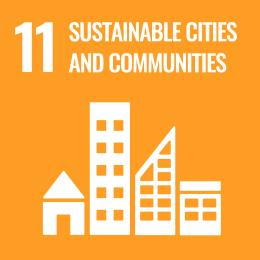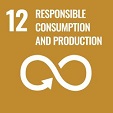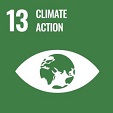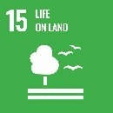PhD Student in Sustainable Futures at University of Technology Sydney, Australia
Research focus: environment and mental health
The unregulated production and release of chemicals (some of which are toxic) into the environment in recent decades has caused significant damage not only to human health (estimates suggest millions of early deaths per year), but also the environment. The fact that many chemicals, such as PFAS (per- and poly-fluoroalkyl substances), are ubiquitous around the world is likely to have severe consequences in the future. Traces of PFAS have been found from Mount Everest to Antarctica. Research into the management of contaminated sites could identify pathways and strategies that lead to more sustainable production.
With a background in human geography and psychology, Rupert’s research is focusing on the relationships between the environment, human health, and sustainability. Rupert conducts research in two different capacities: First and foremost, as a PhD Student in the Sustainable Futures programme at the Institute for Sustainable Futures, University of Technology Sydney (ISF UTS), he is studying two pollution-affected communities in Australia: Richmond and Williamtown. Second, he is a part-time Research Assistant at ISF UTS, working on projects in sustainable housing, green roofs, air pollution, and product stewardship. These two roles both overlap with several UN Sustainable Development Goals (SDGs) and span multiple disciplines.
Rupert’s PhD thesis builds on previous research showing that people living near environmental contamination often experience a range of negative outcomes, including physical illness and poor mental health. The overall goal of his thesis is to determine how best to protect the mental health of people affected by toxic chemicals – in this case PFAS. This is explored through two research questions: How does the experience of living with environmental contamination affect mental health; and in what ways does the management of contaminated sites shape residents’ experience of living with the contamination? Research focusing on both mental health and environmental management is inherently interdisciplinary, evolving from human geography and psychology and incorporating legal and public health studies. Rupert’s research contributes to several SDGs: Goal 3 (Good Health and Well-being), Goal 12 (Responsible Consumption and Production), and Goal 15 (Life on Land).
Rupert’s interdisciplinary approach could help to reduce our chemical footprint and to decrease the presence of hazardous chemicals. In this way, his research contributes to greater sustainability in terrestrial ecosystems. For this reason, the jury selected Rupert as a Green Talent.
The research of Rupert mainly contributes to the Sustainable Development Goals 3, 11, 12, 13, 15:
Take a look at this video that briefly introduces Rupert and his research:











